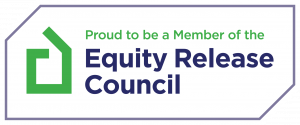Video Script
This video is purely for educational purposes only, and should not be seen as advice or a recommendation to act and I must stress your home may be repossessed if you do not keep up with the repayments on the mortgage.
Should I buy through the Shared Ownership scheme?
If you have a smaller deposit than a lender may require, for the value of the property that you are hoping to buy, then the Shared Ownership scheme can offer great ways onto the property ladder.
What is the Shared Ownership scheme?
Shared Ownership also referred to as part buy/part rent, allows you to purchase a share of a home – usually between 25% and 75%. You will then pay a mortgage on the share that you purchase, and rent on the remainder to a housing association.
How do you qualify for Shared Ownership?
Shared Ownership is available to first time buyers, those who are in the process of selling their property, or have previously owned a home but have since sold. You must be at least 18 years old and unable to buy on the open market. To be eligible for Shared Ownership, your maximum household income must not exceed £80,000 per year or £90,000 a year or more in London.
What properties can you buy through the Shared Ownership scheme?
Shared Ownership is available on purpose-built homes – these will either be new build or resale properties that are being sold by the current owners on the same scheme, these properties are purchased on a leasehold basis only.
So what Deposits do you need for Shared Ownership?
The deposit for a Shared Ownership home is usually 5-10% of the share that you are buying, not on the full value of the property. So, if a property costs £500,000 and you purchase a 25% share – equating to £125,000 – a 5% deposit on your share would be £6,250.
Repayments on Shared Ownership homes
A mortgage will be paid on the share you own, with rent to the housing association on the part you do not purchase, along with any service charges and ground rent. If you choose to increase your owned shares also known as ‘staircasing’, your monthly mortgage payments will increase and your rent will decrease, up until the stage where you own 100% of the property. At this time, you will no longer pay any rent, just your mortgage, and any service charges/ground rent where applicable. When staircasing, the cost to purchase additional shares in the property are calculated at the market value at that time, and not the value at the time that you originally purchased so, as house prices rise the cost of additional shares will also rise. One thing to check is that your housing association allows you to staircase to 100%, as some lenders require this.
There is an additional scheme called “Older Persons Shared Ownership” which is available to those over 55 years of age, it works in the same way although you can only staircase up to 75% and once you reach 75% you do not pay any rent on the remaining 25% share owned by the housing association. With Older Persons Shared Ownership, you have the right to remain in the property for as long as you choose and the housing association is entitled to their share on sale of the property, working on the market value at the time of sale.
Do you need to pay Stamp Duty on Shared Ownership homes?
First-time buyers in Shared Ownership homes will pay zero Stamp Duty on the first £500,000. Stamp Duty will still apply on homes valued above £500,000.
Most of the time it will not be necessary to pay Stamp Duty when you first purchase using Shared Ownership. You will have the option of paying Stamp Duty on the full value of the property as if you were buying outright or you can choose to only pay Stamp Duty on the share that you are purchasing.
The calculations for Stamp Duty can be complicated, but there are options that your solicitor will be able to provide the necessary help and advice on.
Stamp Duty rates constantly change so make sure you check with a solicitor on the current rates before budgeting for your purchase.
Selling a Shared Ownership home
With Shared Ownership you can sell the shares you own in your home at any time. Under the terms of your lease, the housing association has first refusal to buy your property from you or find a buyer. If they do not find a buyer, you can then sell your home privately or through an estate agent of your choice.
I appreciate that’s a lot of information to take in. I’ll provide some useful links and my contact details in the description. Don’t forget to ask me any questions in the comments below
If you are looking to obtain a mortgage, it is important to check your credit profile before applying. If you sign up to CheckMyFile, you will be able to check your credit score and history on Equifax, Experian, TransUnion, and Crediva all with the 1 login, this is important because not all lenders use the same credit report, so you need to check you can see everything they’ll be able to see before applying, as different lenders, accept different levels of credit scores and credit history.
It is free for 30 days but if you wish to keep viewing your credit report after the 30 days, so you can keep an eye on your credit score and history, there is a monthly subscription cost of £14.99. To avoid this, you could sign up to each of the credit reference agencies separately and utilise their 30 day free trials. If you did continue to use CheckMyFile after 30 days, I receive a £12 referral fee.
Remember your home may be repossessed if you do not keep up with the repayments on your mortgage.video


